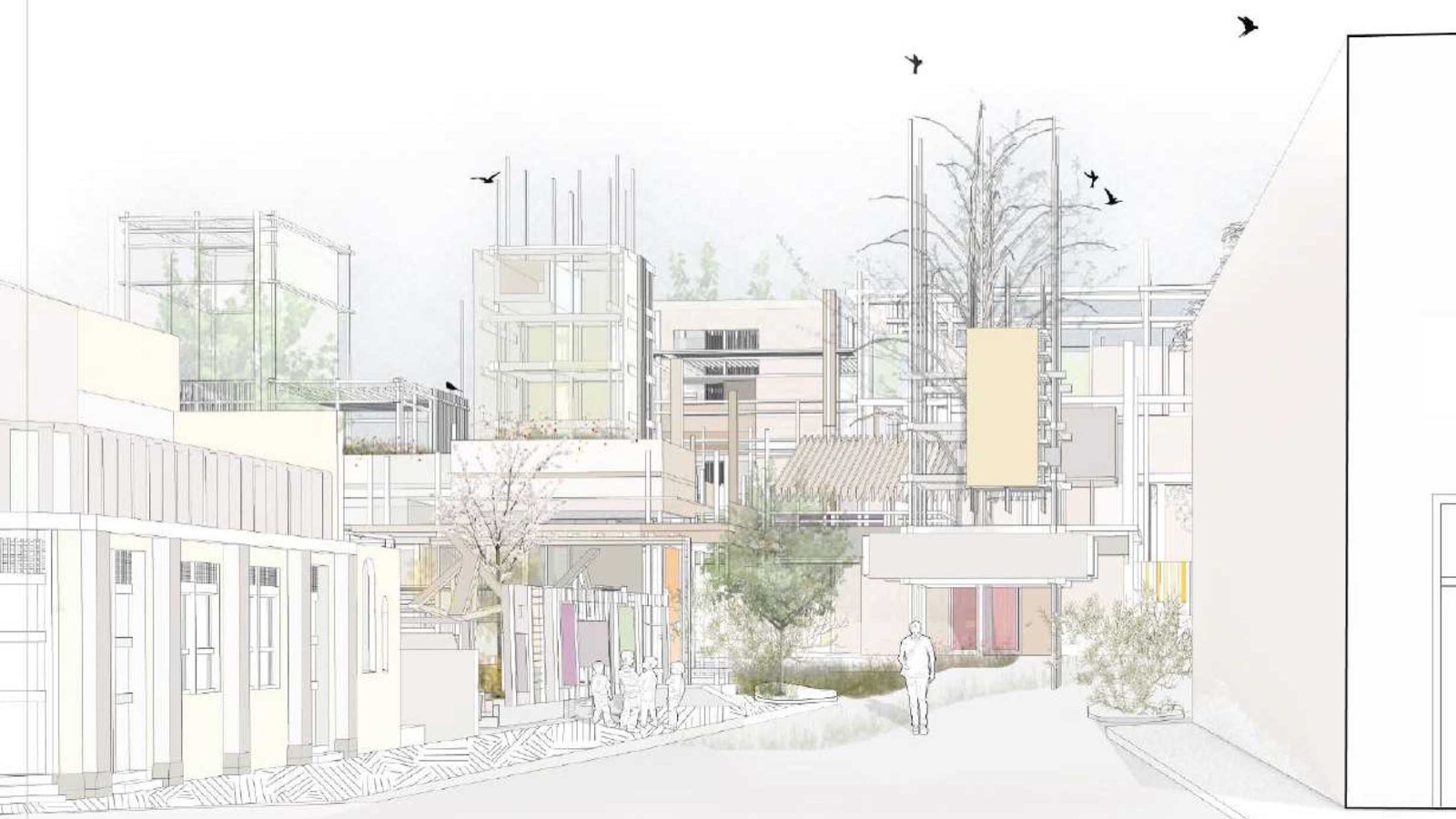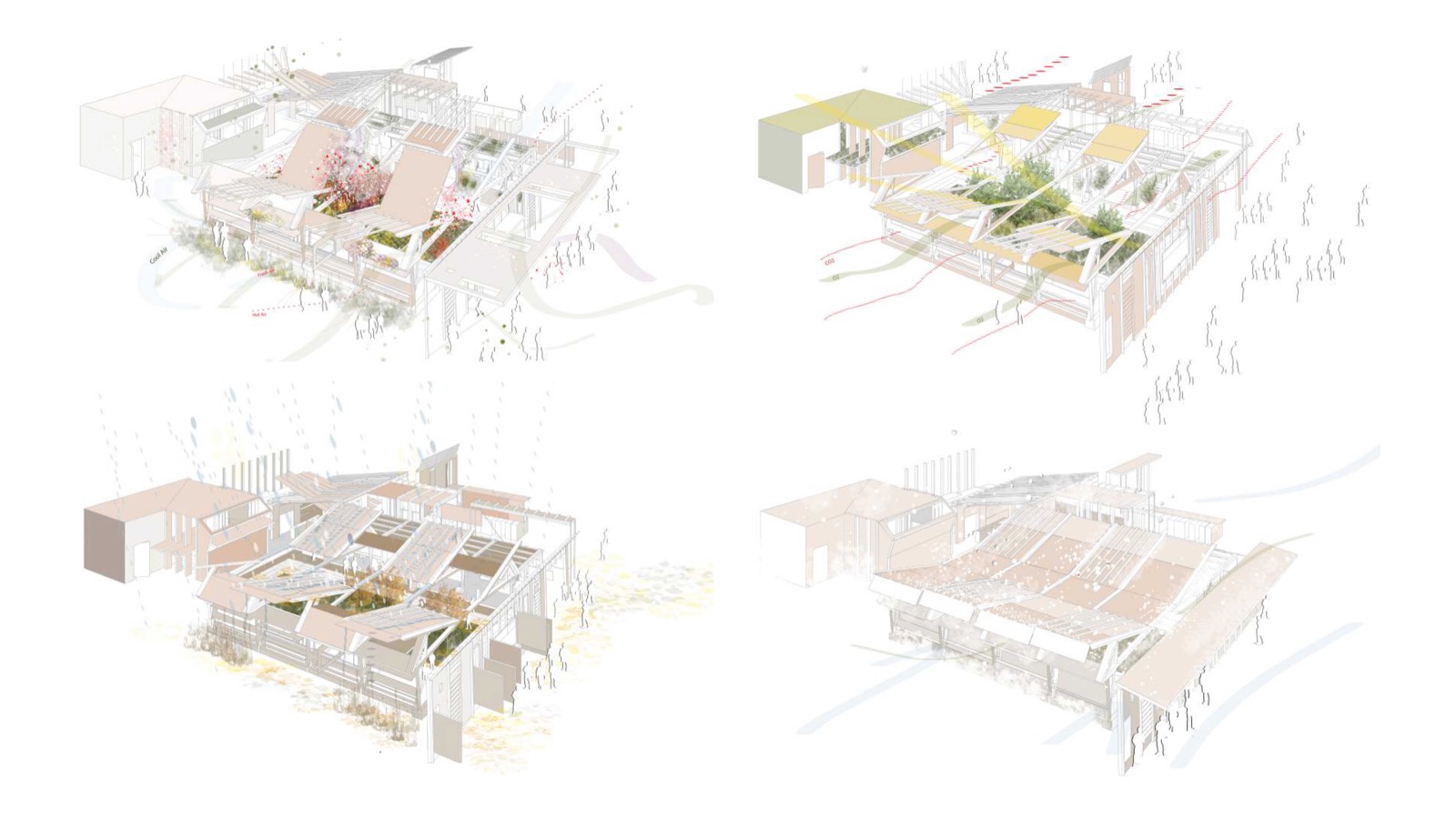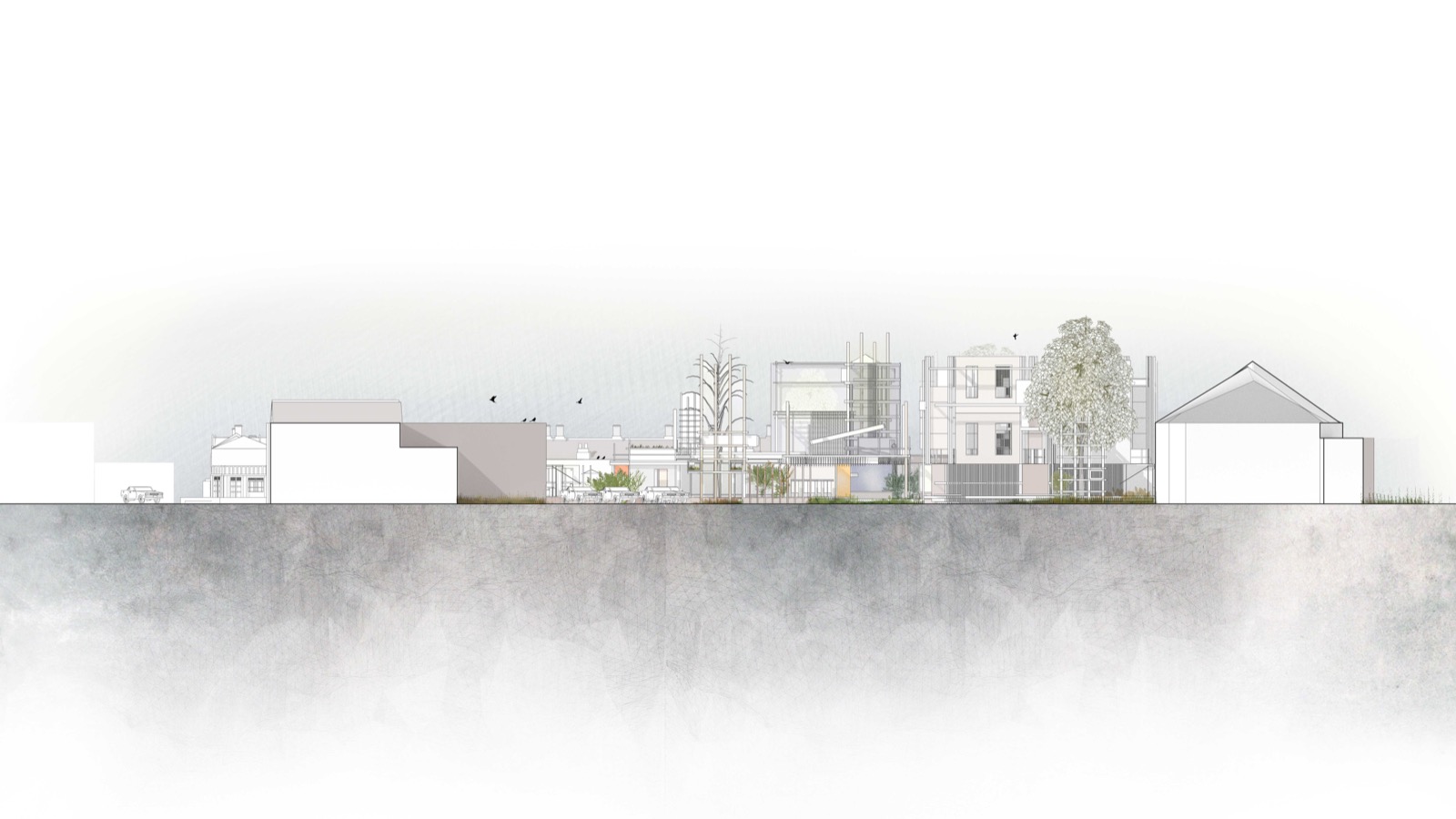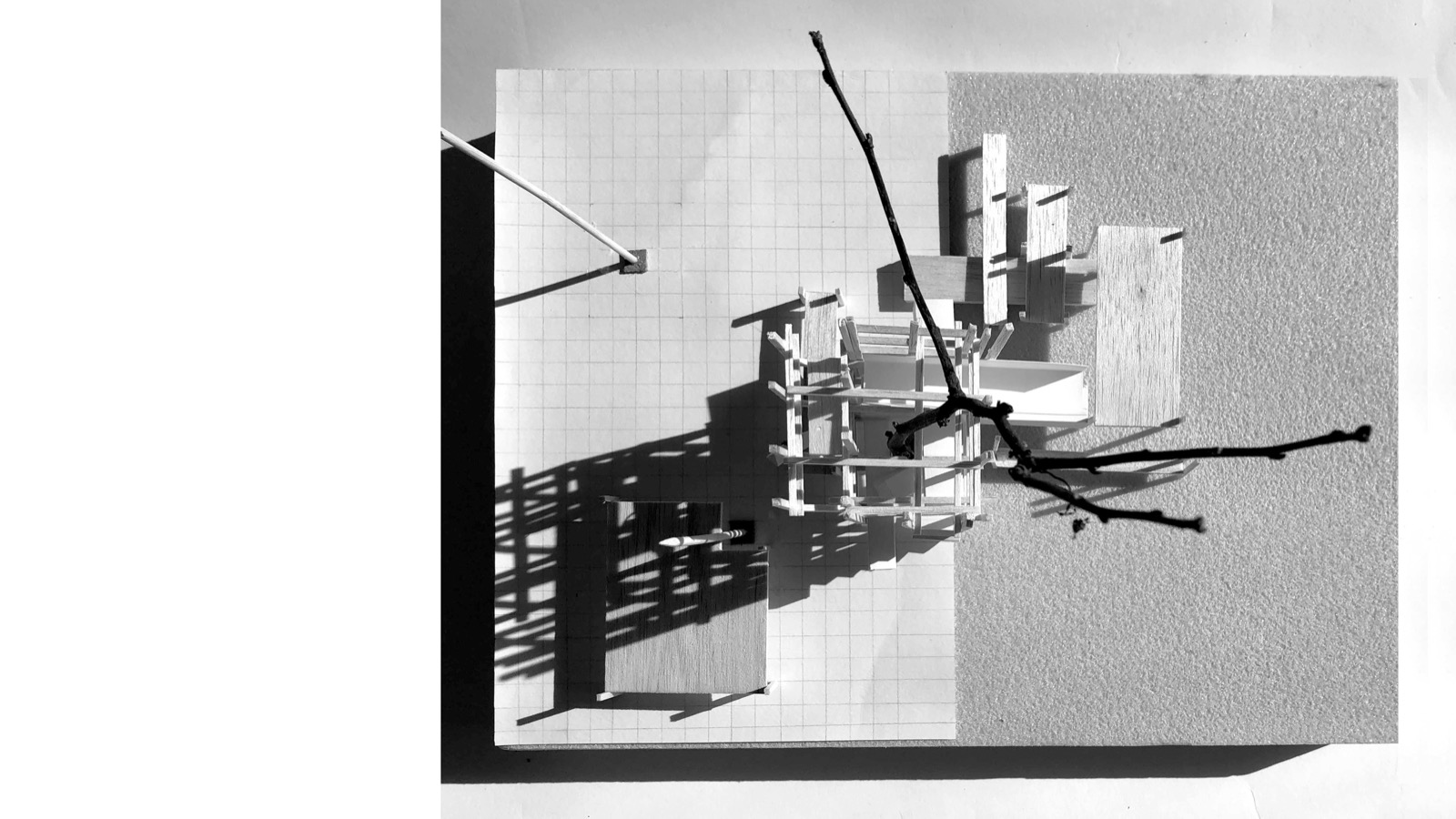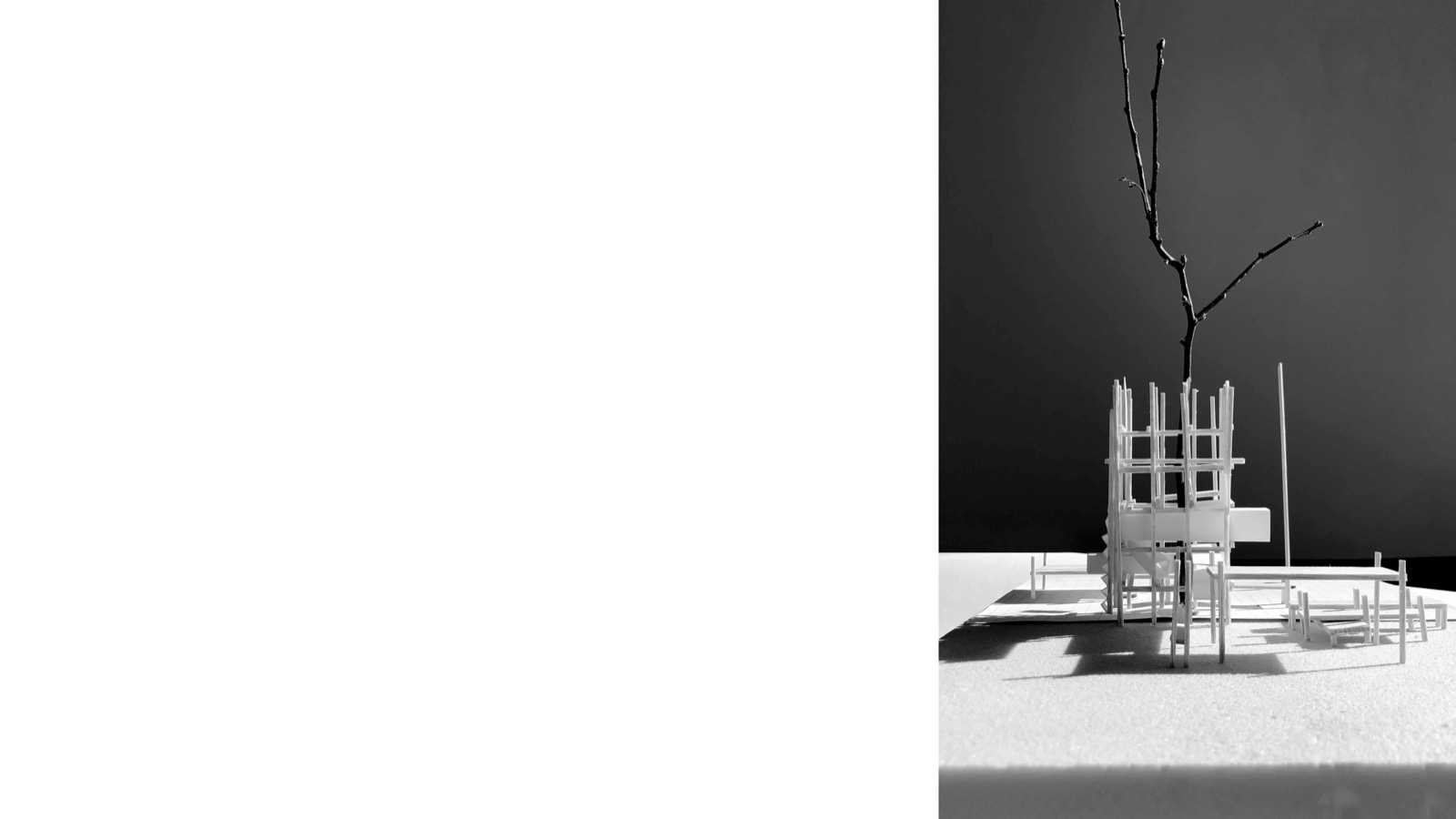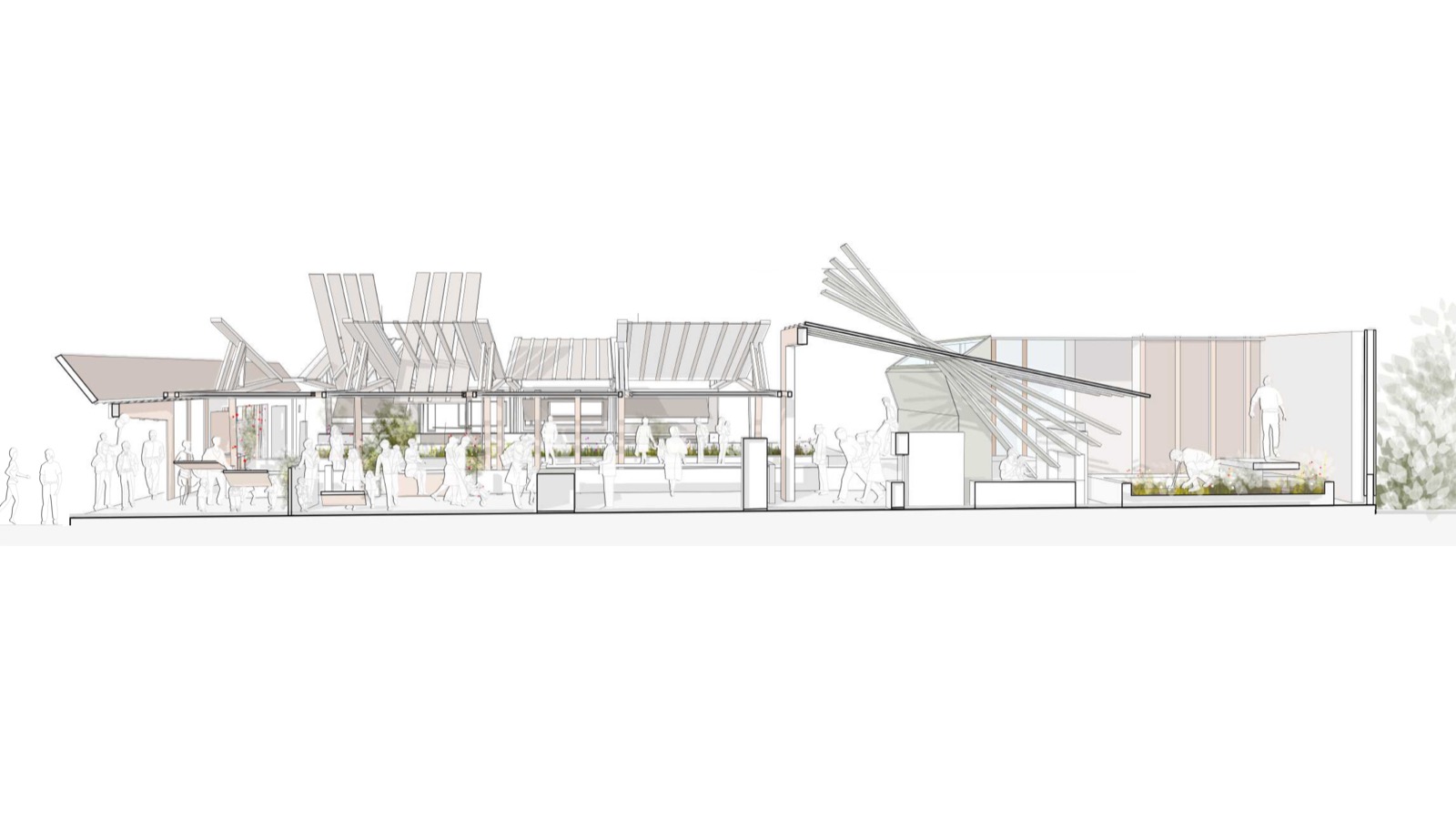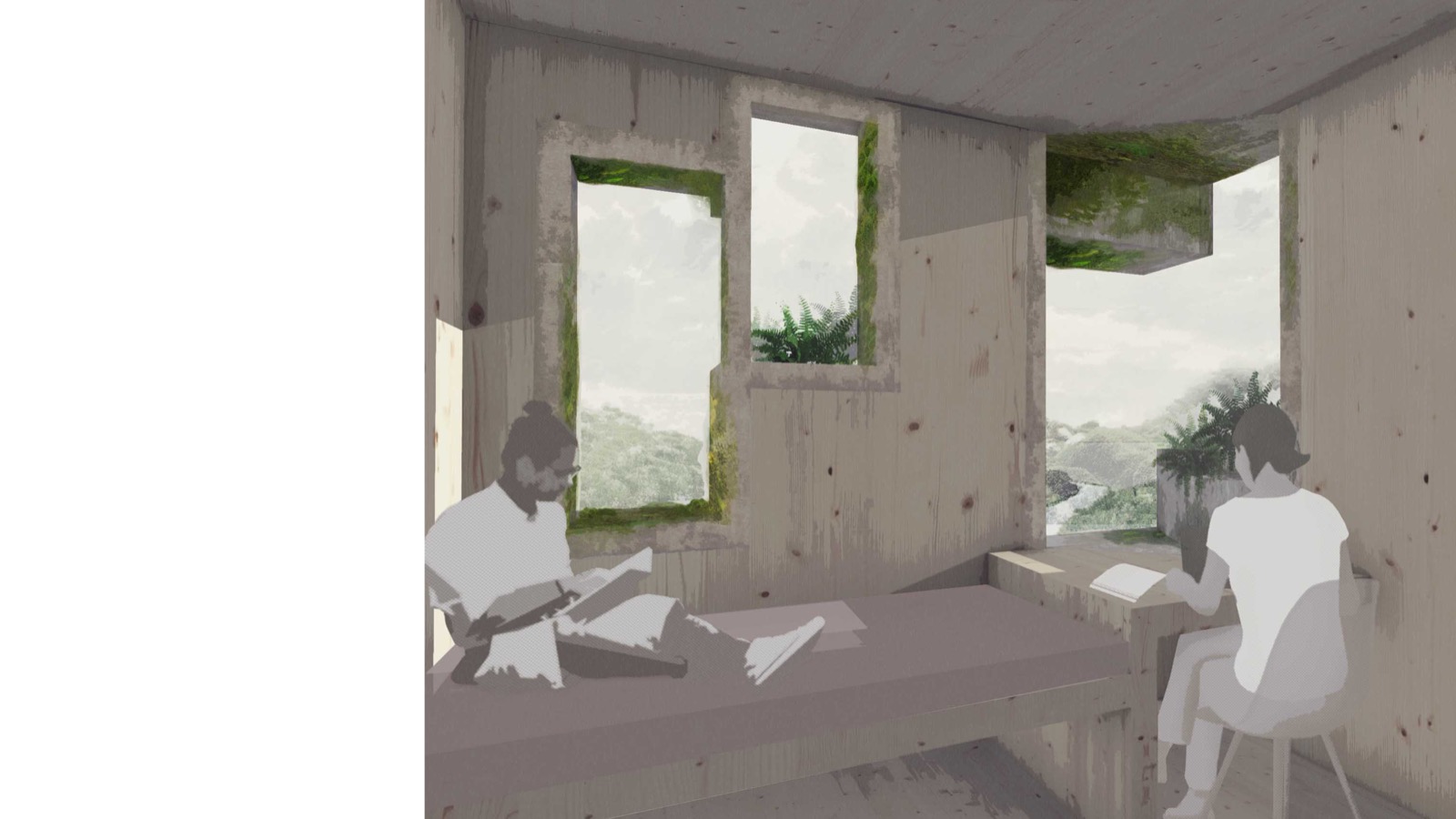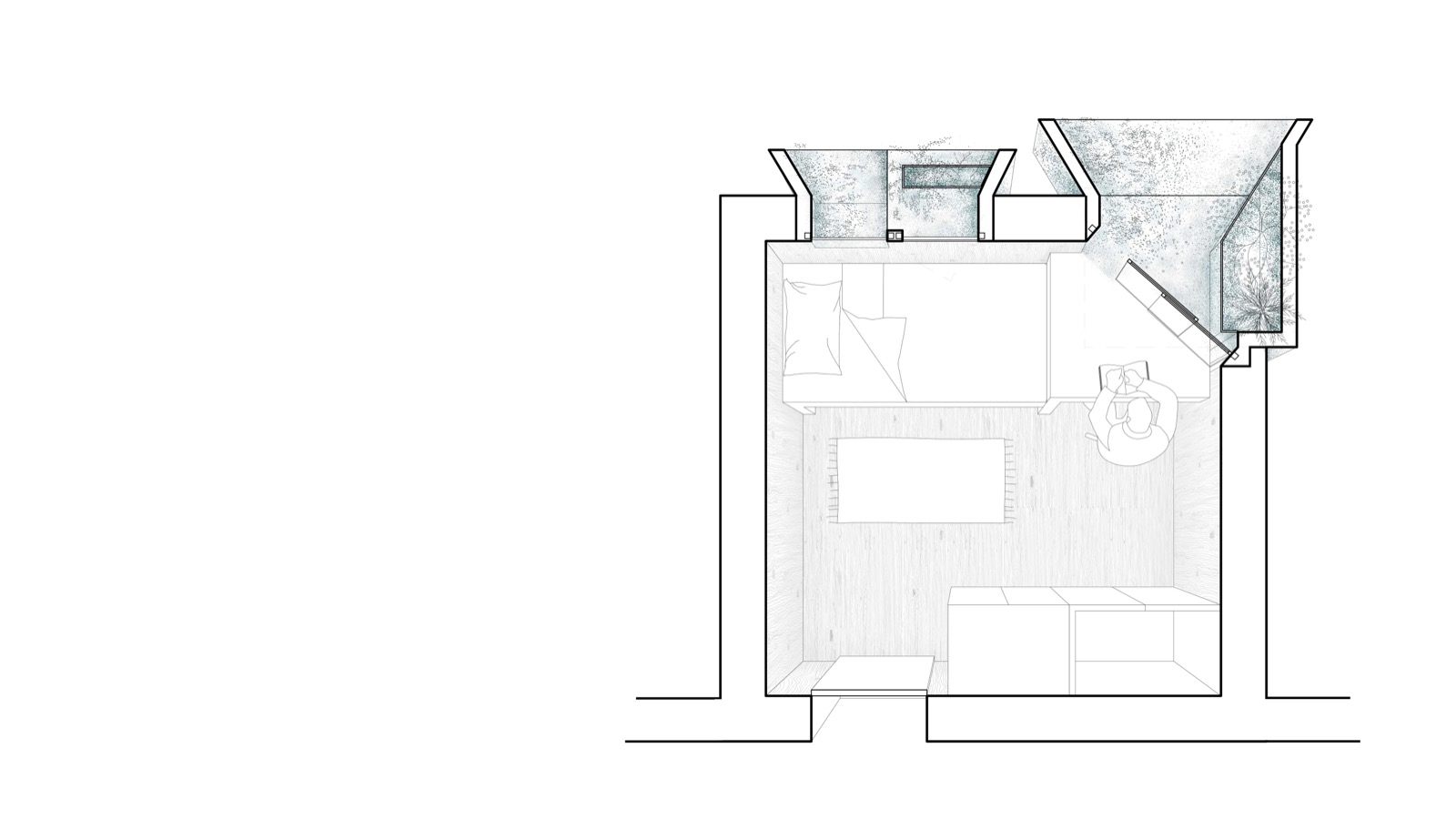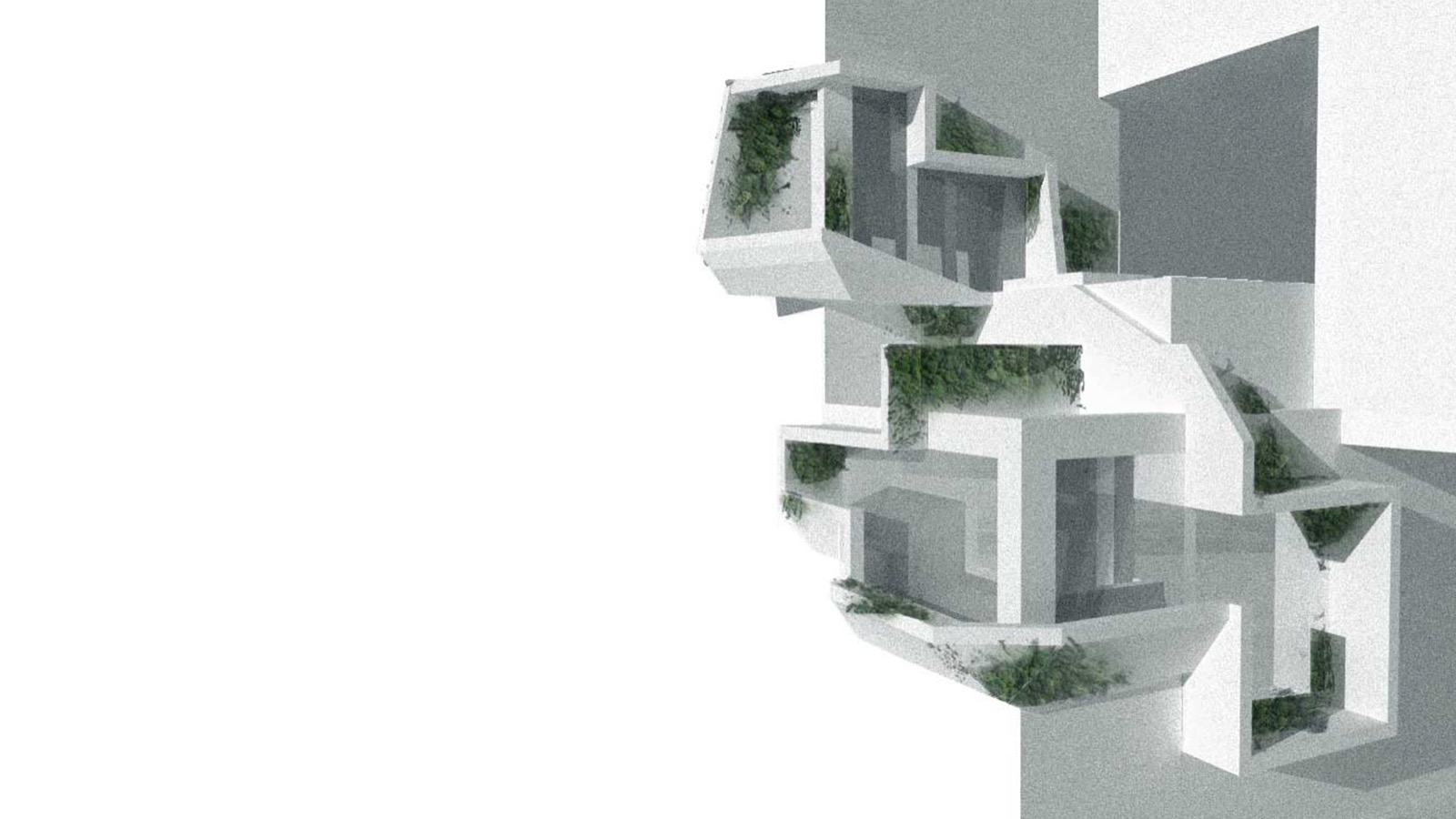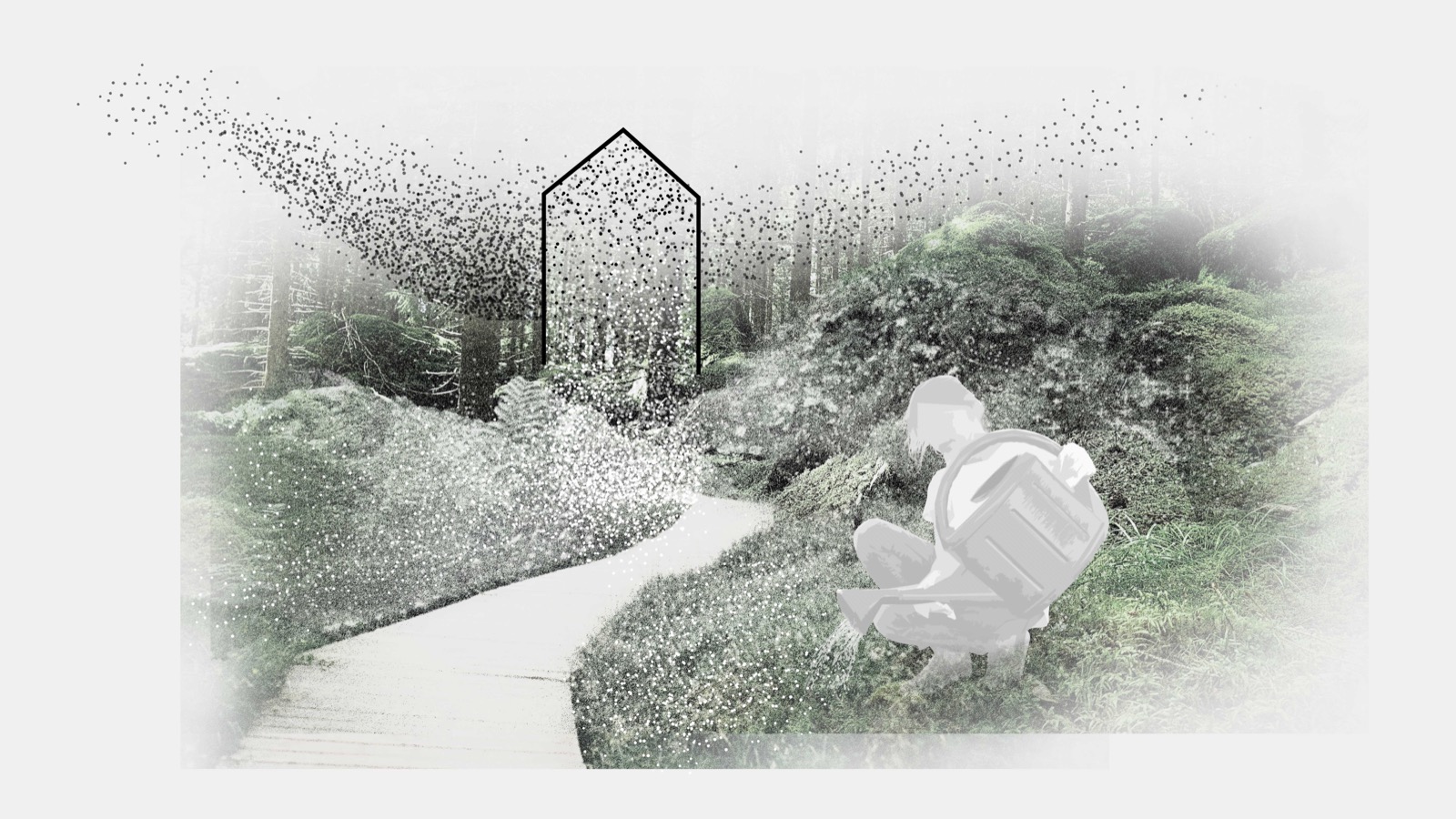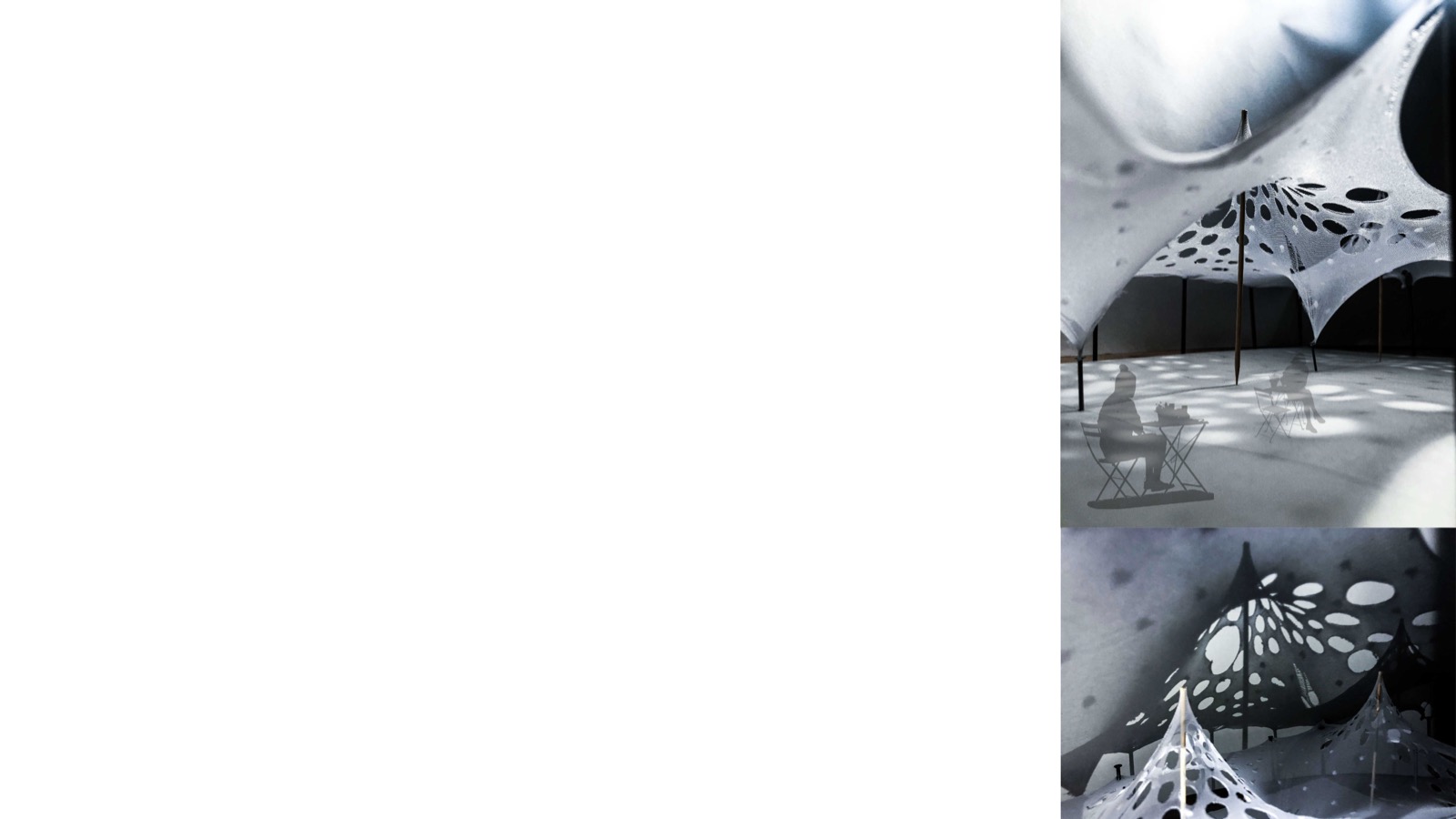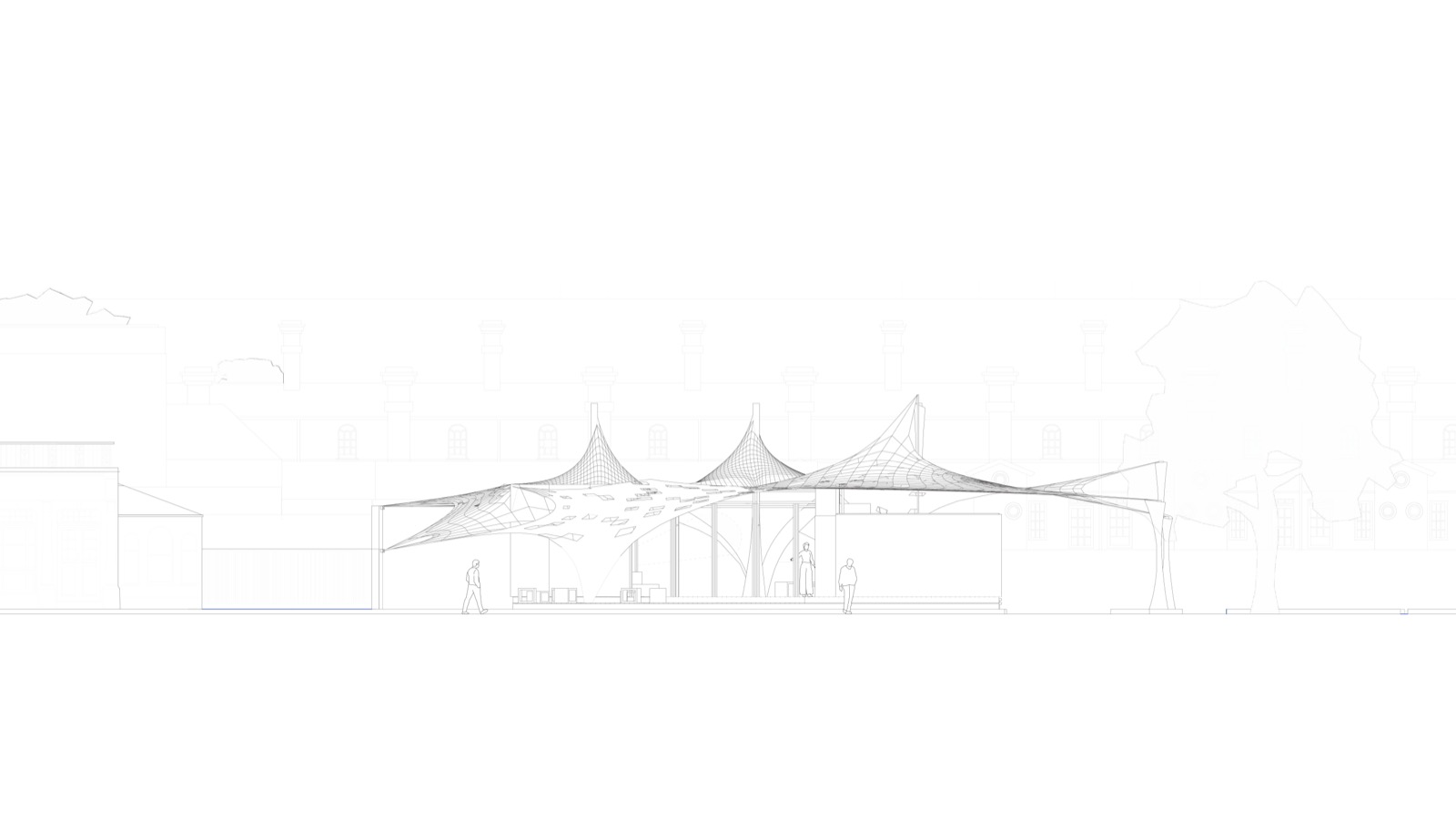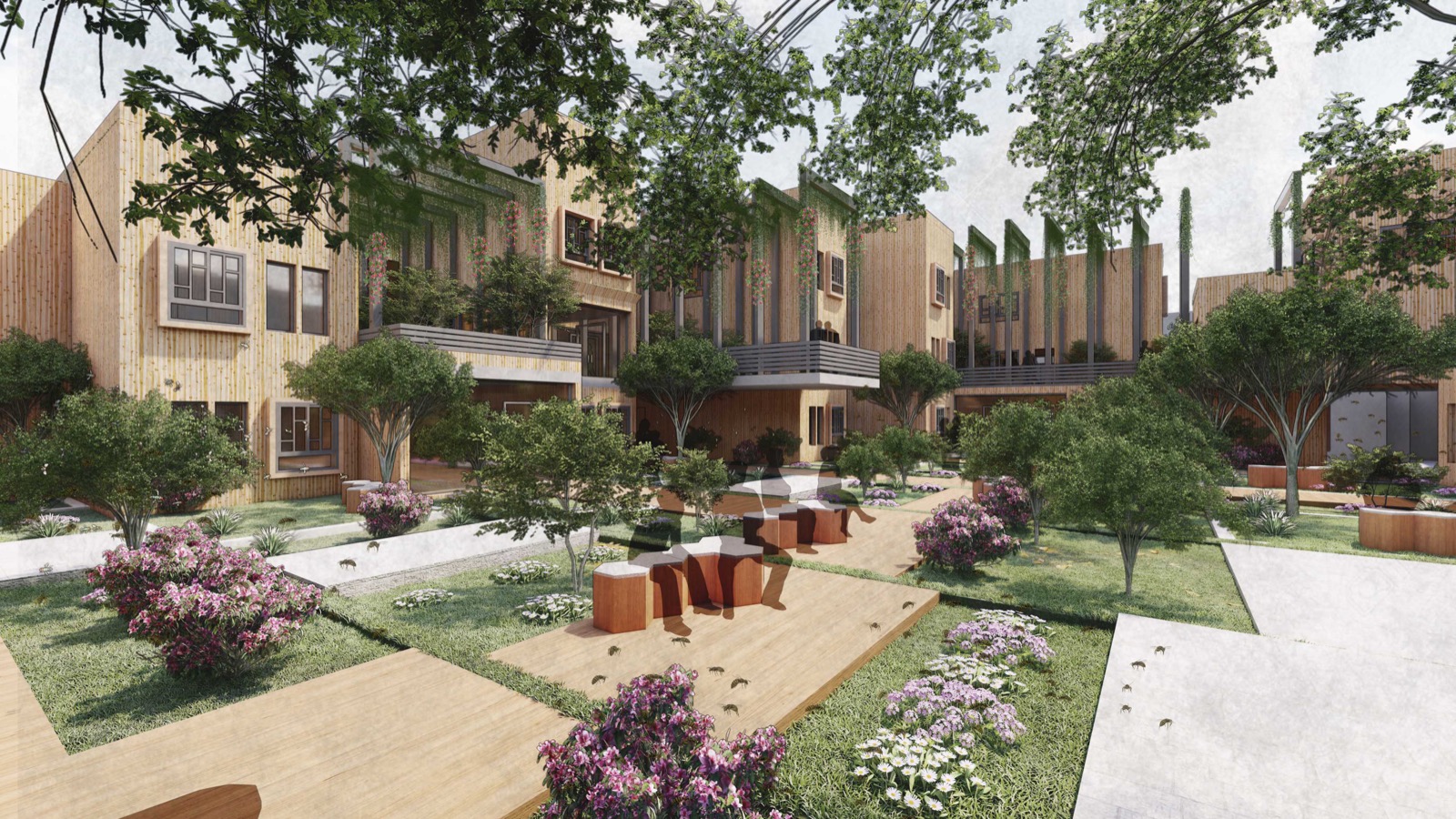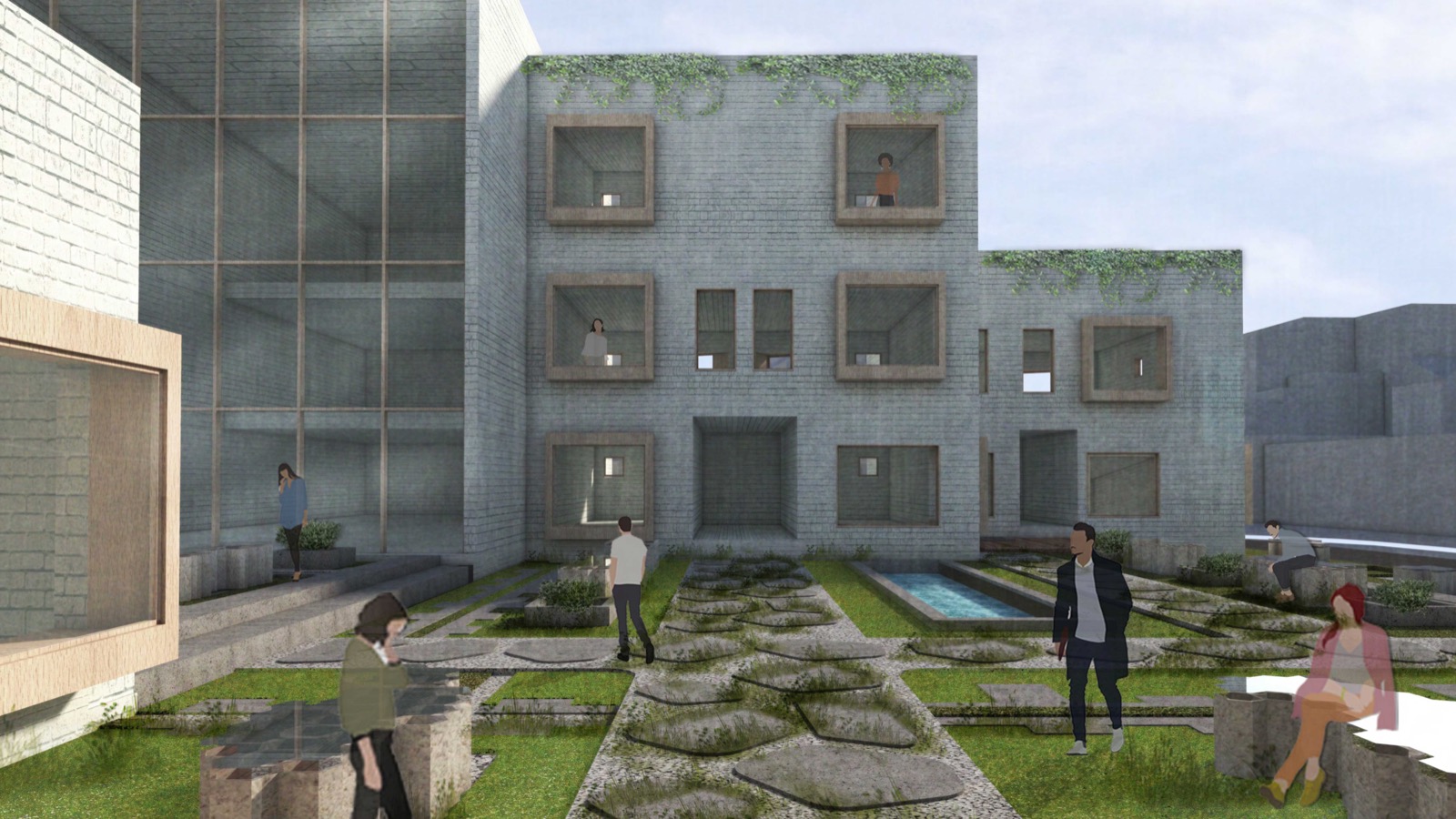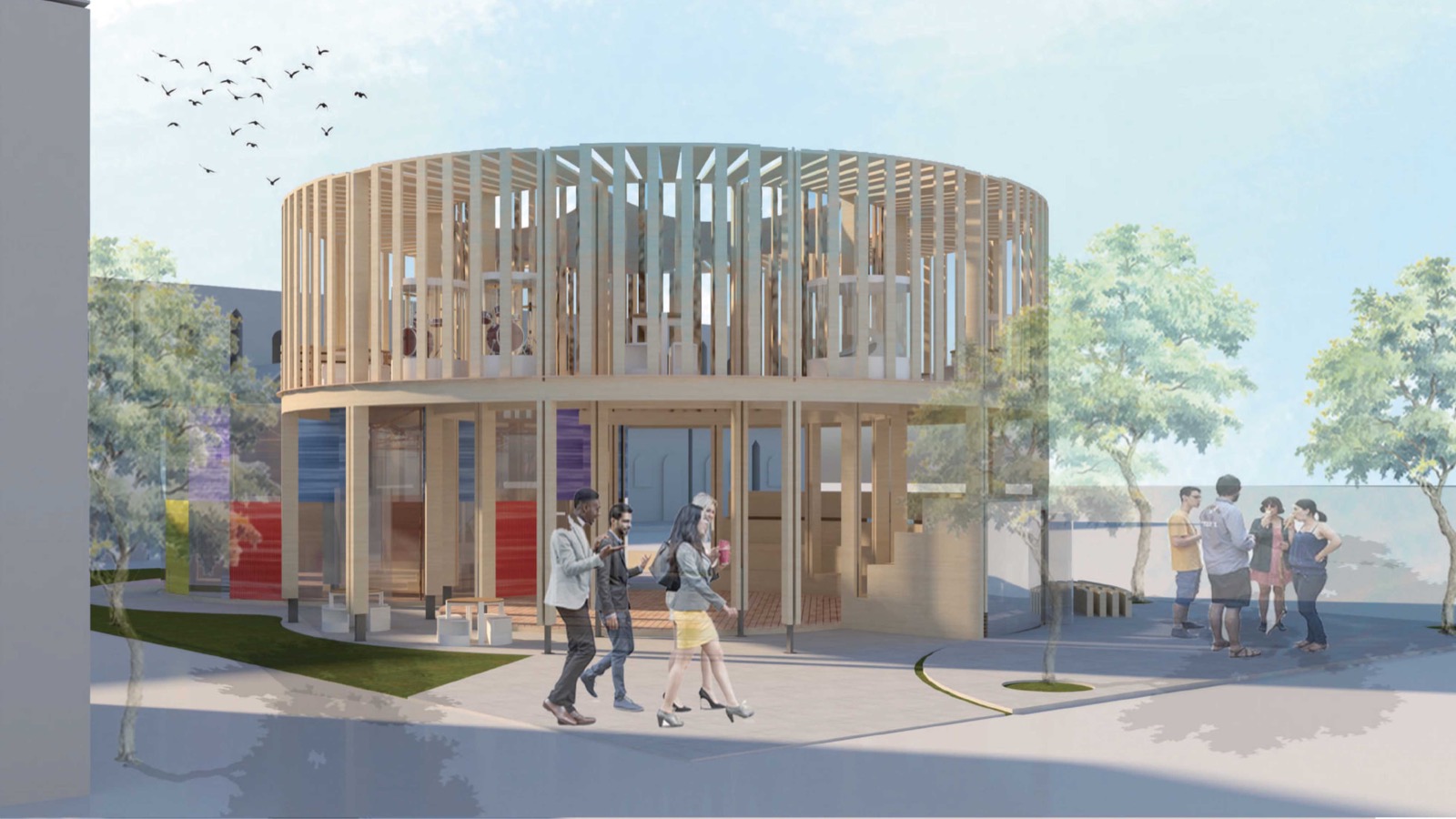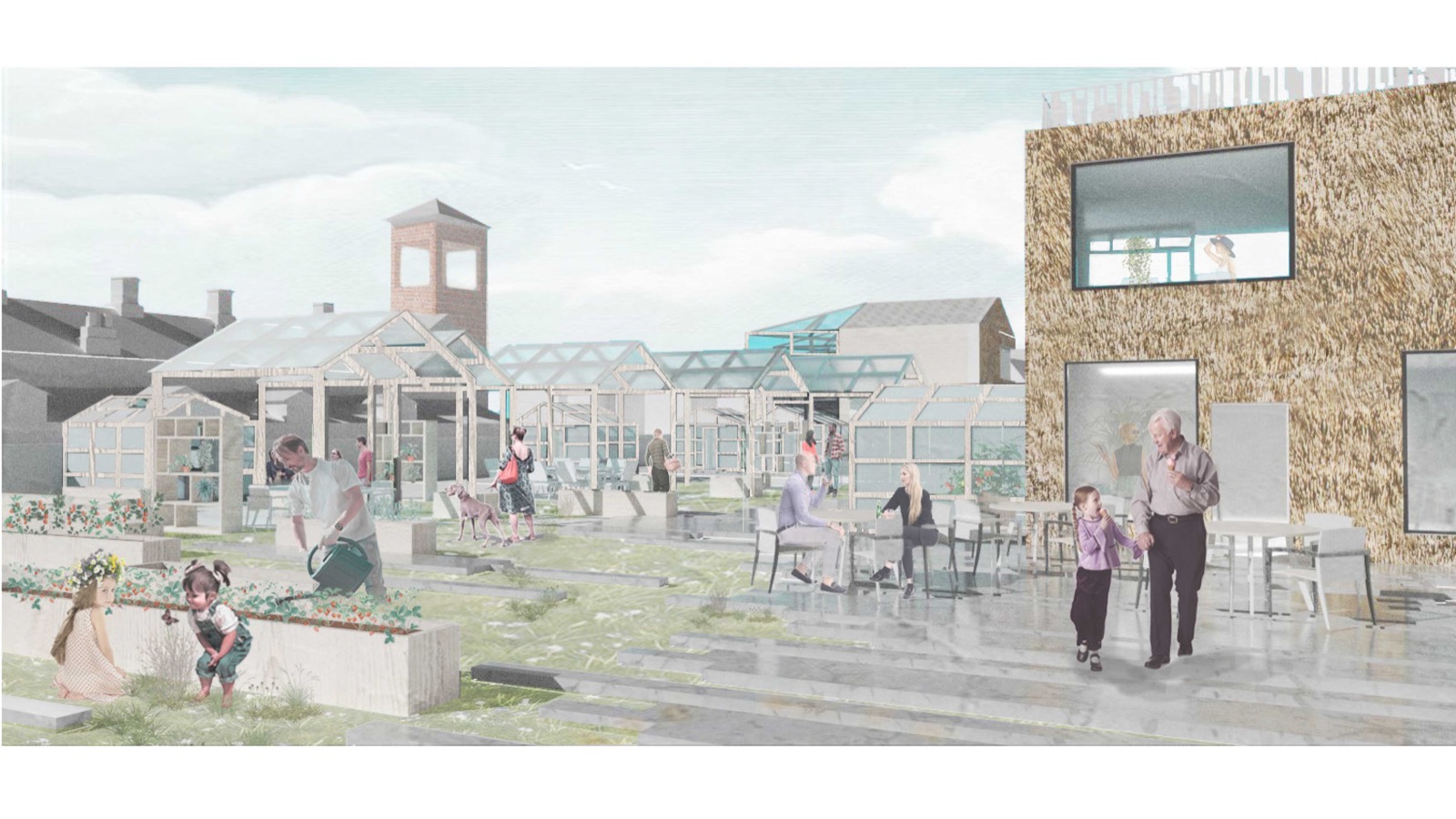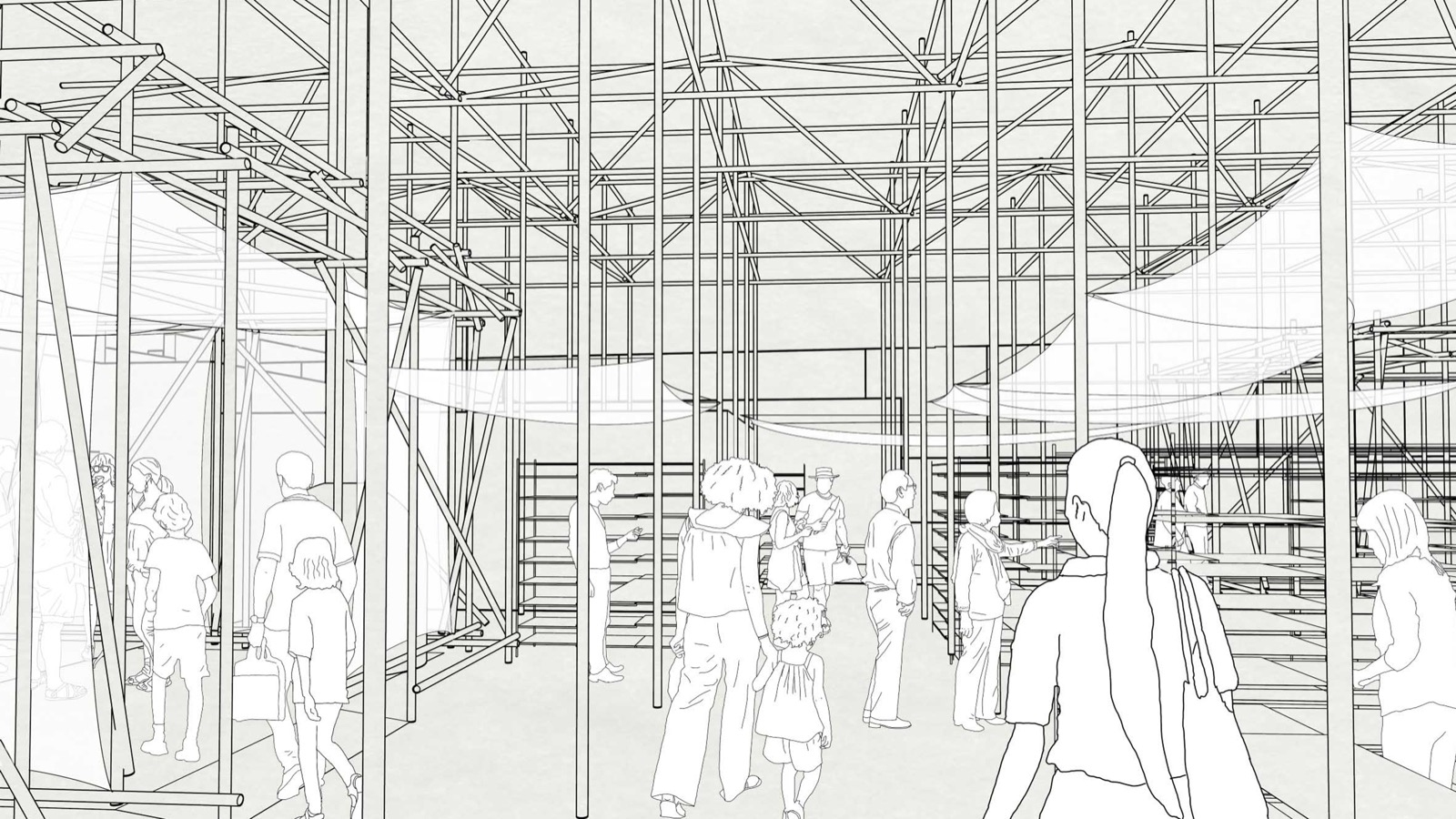Design Studio (Three) Two ARCHIVE
YEAR THREE – DS3.2
Tutors: Maria Kramer & Roberto Bottazzi
Maria Kramer established the award-winning studio Room 102 Ltd in 2011, bridging between academia and practice via 1:1 live projects to promote knowledge exchange. She is part of the Part III team and leading on the development of the QHT-funded Leyton Community Hub.
Roberto Bottazzi is an architect and academic, whose research analyses the impact of digital technologies on architecture and urbanism. He is the author of Digital Architecture Beyond Computers: Fragments of Cultural History of Computational Design (Bloomsbury, 2018) and editor of Walking Cities: London (Camberwell Press, 2017)
Community Enterprise Live Hub / Co-Living
19th century German biologist Ernst Häckel defined ecology as the comprehensive science of the relationship of the organism to the environment in which each living organism has an on-going and continual relationship with all elements.
We look at sustainability holistically, in regards to societal integrated projects within the community and within the natural environment. Students analysed patterns within community, the built and natural environment, understanding the complex interplay between social, political spatial and ecological relationships.
The project site is in Leyton in Waltham Forest, which is the home of people who make and create, and the childhood home of William Morris – designer , poet, novelist, translator and social activist – has been transformed into an arts and crafts gallery.
We engaged in public consultation in collaboration with the council to better understand the needs and aspirations of the local community hub in semester 1 based on this initial research. This project ties in with our QHT funded ‘Let’s Build’ live project with the support of Waltham Forest Council.
In semester 2 students explored their individually chosen ecology, including the interconnectivity of complex natural processes, with the aim of integrating these into the architectural concept ideas. A hybrid programme of co-living and small businesses with third sector companies and start-ups, was developed with the objective of creating social impact and economic synergies.
The designs explored relationships between society and nature including those between human and ecological needs; between the productive, scenic and re-wilding of landscapes; between gradients of private, public and communal; and how our relationship to nature has changed.
Questions we asked were: How do we create holistic communities, which are distinctive, porous, accessible, multi-layered and celebrate moments of local culture? How do we encourage experiences, which bind us together, so we feel part of a larger community, developing visions of collective experiences via self-generating neighbourhoods? How do we communicate civic dignity and identity, linking the everyday to the ecological and global?










